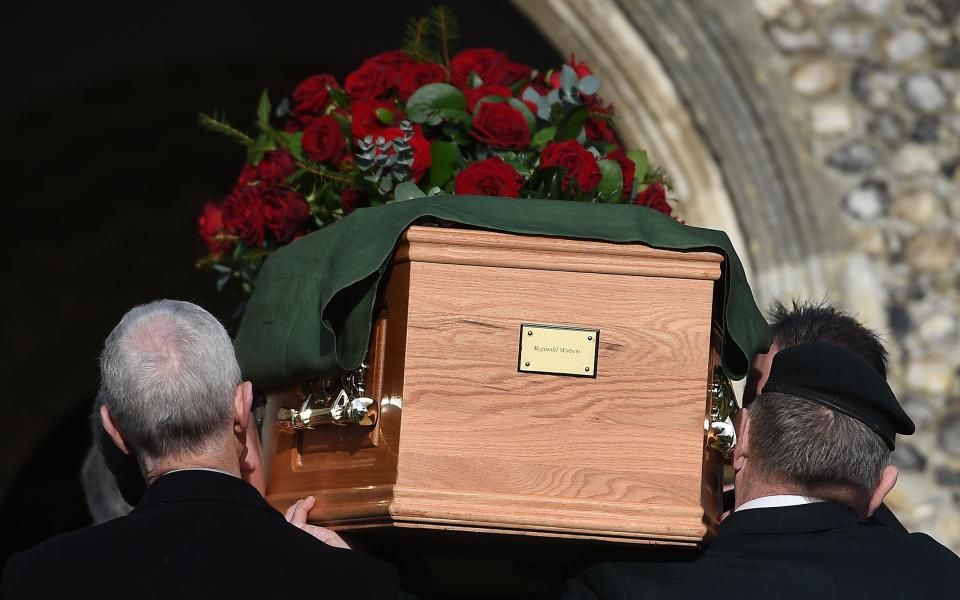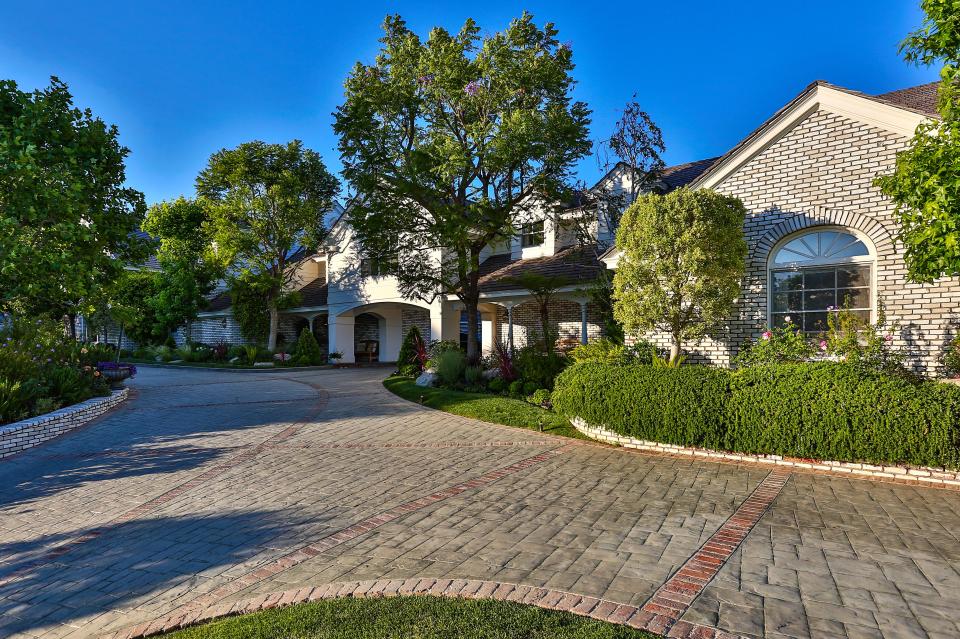Philip Hammond under fire after hitting grieving families with £20,000 stealth tax with buried Budget small print
The Treasury is expected to rake in £350million-a-year from the stealth tax between now and 2022

CHANCELLOR Philip Hammond faced fresh fury last night over plans for a £1.5 billion tax grab on grieving families.
Details in the Budget revealed the Treasury wants to up probate fees – the legal authority to distribute someone’s property or savings after they die.
Fees will rocket this May from just £155 to as high as £20,000 depending on the size of the estate.
Small print buried in Spreadsheet Phil's Budget revealed the Government will pocket a fortune by scrapping the current single flat fee.
The Treasury is expected to rake in £350 million a year between now and 2022, an increase of £115 million.
Over the five years the windfall adds up to £1.5 billion.
Tory backbencher Jacob Rees Mogg said it was a “sneaky” tax grab.
And he stormed: “I do not think it right that the Government should introduce stealth taxes.
“Probate charges should relate to the cost of the probate work, which is broadly irrelevant to the size of the estate.”
Claire Davis, director of Solicitors for the Elderly, added: “The exponential growth predicted for the probate fee receipts, in line with the rise in inheritance tax, is further evidence that these changes are simply a stealth tax, designed to increase Government income.”
Currently, families pay the Government a set £215 fee, or £155 if they apply through a solicitor.
Under the changes, new values will be introduced ranging from £300 to £20,000 depending on the value of the estate.
There will be no fee for estates under £50,000 – about 58 per cent of the total.
But there will be a £1,000 fee for estates valued at between £300,000 and £500,000.
Government analysis shows some families will have to borrow to cover the up-front costs or even beg from relatives.
Lib Dem chief Tim Farron said: “This is another tax that won’t fix the social care crisis and is putting another stealth tax on those who cannot afford it.”
A Ministry of Justice spokesman insisted the new system was “fairer”.
MOST READ IN POLITICS
A spokesman added: “Fees are necessary to maintain an accessible, world-leading justice system which puts the needs ot victims and vulnerable people first.”
The Government confirmed in the that this could raise £1.5billion over the next five years - a Treasury spokesperson said it will be go into "supporting the courts and tribunals system".
And it amounts to so much, that the Office for National Statistics has asked them to classify it as ANOTHER tax.
The budget said: "The Government expects the new fee structure to raise around £300 million a year."
Middle-class taxpayers are set to see huge spikes in their fees.
New fee structure
Up to £50,000 (58% of homes in England and Wales) - £0
From £50,000 to £300,000 (23% of homes) - £300
From £300,000 to £500,000 (11% of homes) - £1,000
From £500,000 to £1m (6% of homes) - £8,000
From £1m to £1.6m (1% of homes) - £8,000
From £1.6m to £2m (0.3% of homes) - £12,000
Above £2m (0.5% of homes) - £20,000
A recent government report showed that - just 68 people agreed with them.
The consultation included comments and thoughts from law firms, professional bodies, and ordinary members of the public.
In the Government's response, it said that people thought "the size of the fee should be set according to the cost of providing the service" and that "the administration involved... is the same regardless of the value of the estate".
Former Justice Minister Shailesh Vara had previously claimed that the fees would go towards cutting the deficit.
He said in a statement in February 2016: "Court fees are never popular but they are necessary if we are, as a nation, to live within our means.
"These proposals would raise around an additional £250 million a year, which is a critical contribution to cutting the deficit and reducing the burden on the taxpayer of running the courts tribunals."















